Bordeaux - the timeless classic
- Nelly Ward

- Jun 5, 2024
- 2 min read
Whether you are a wine connoisseur or never had a drop of wine in your life, you've heard about Bordeaux.

Renowned for their rich history and exceptional quality, Bordeaux wines are standing the test of time as classic favourites enjoyed for centuries. Each bottle tells a story of tradition and innovation, captivating wine enthusiasts worldwide with their elegance and sophistication. However, there are plenty of nations to thank for the current fame and reputation of the Bordeaux region.

Starting with the Romans, who, back in the 1st century BC, played a pivotal role by introducing viticulture practices, planting vineyards, enhancing winemaking techniques, and fostering a wine culture. The Dutch helped to expand the vineyard areas by draining marshes and swamps, as well as establishing trade connections and innovative distribution channels. The British were instrumental in developing the modern wine trade system, promoting Bordeaux wines globally. What is less commonly known, is the profound impact that Irish had, ultimately shaping the reputation and success of Bordeaux's grands crus wines, through blending practices with wines from the Rhone Valley and Eastern Spain, creating complex and balanced wines to meet the demands of elite British and Irish consumers.

In recent years, countries like the United States, China, and Japan have emerged as key modern markets for Bordeaux. The surge in demand for premium Bordeaux wines among affluent Chinese consumers and collectors led to price increases for renowned châteaux like Lafite Rothschild and Margaux. While Chinese buyers were willing to pay premium prices, fluctuations in the Chinese economy and government regulations have also influenced Bordeaux wine prices over time.
The timeless appeal of Bordeaux wines though lies in their ability to balance tradition with innovation, creating wines that are not only classic but also continually sought after. The Bordeaux region has been embracing various innovative practices like sustainable and organic farming, increasingly using technology like drones, sensors, and GPS mapping to monitor vine health, optimise irrigation, and tailor vineyard management. Collaboration among winemakers, research institutions, and wine associations ensures that advancements are made thoughtfully, with a deep respect for Bordeaux's winemaking heritage. The wineries are leveraging digital tools and platforms to enhance the visitor experience, promote wine tourism, and reach a wider audience.

While more renowned for its red blends, Bordeaux has a diverse wine offering that spans from elegant white wines to lusciously sweet and complex Sauternes and Barsac. Rosé is becoming increasingly popular, with a refreshing, fruit-forward profile. Lesser known, Bordeaux also produces traditional method sparkling wines under the appellation Crémant de Bordeaux, making it affordable alternative to Champagne.
Bordeaux wines are a true classic that has been able to adapt to modern tastes while maintaining their timeless appeal. With their rich history, exceptional quality, and unmatched complexity, Bordeaux wines will continue to be a staple in the world of fine wine for years to come.

Do you want to know about my next tasting? Sign up to my mailing list.
Gallery
© All images on this page are subject to copyright. 2023-2024 Nelly Ward
































































































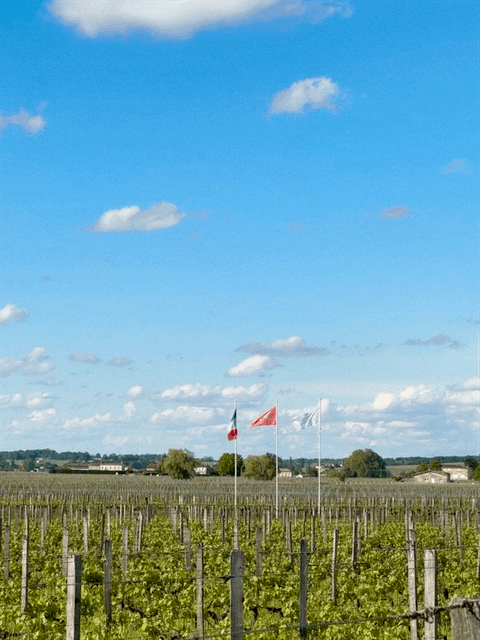



















































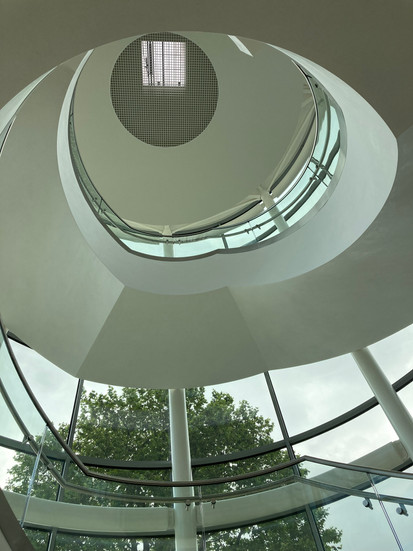











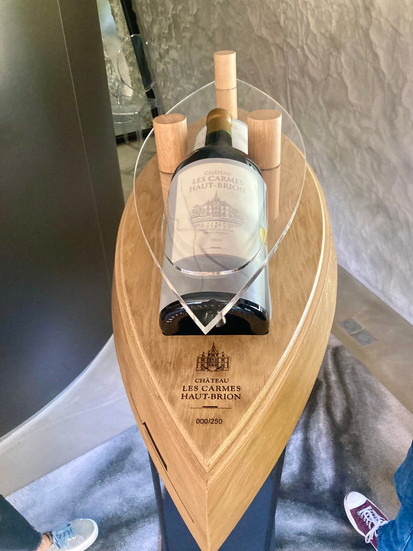

















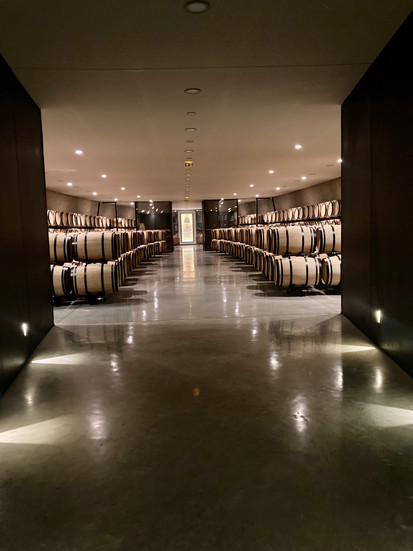

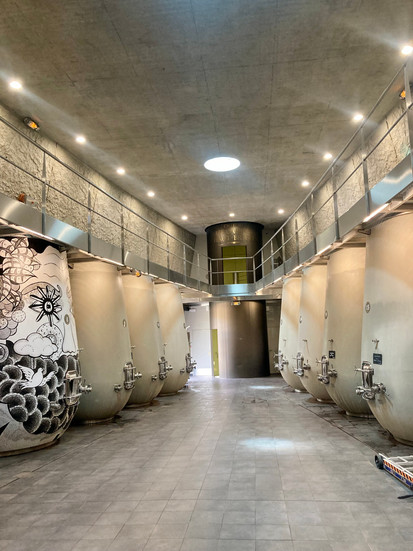


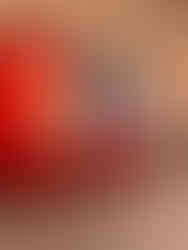




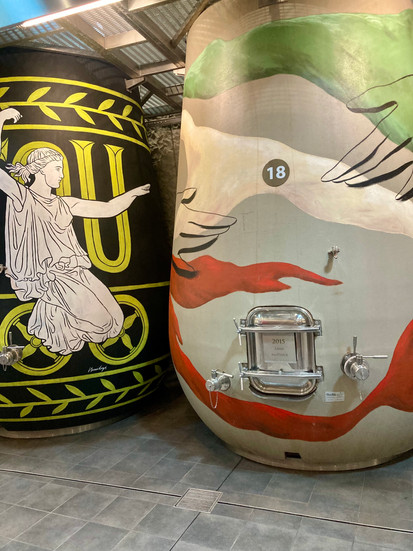







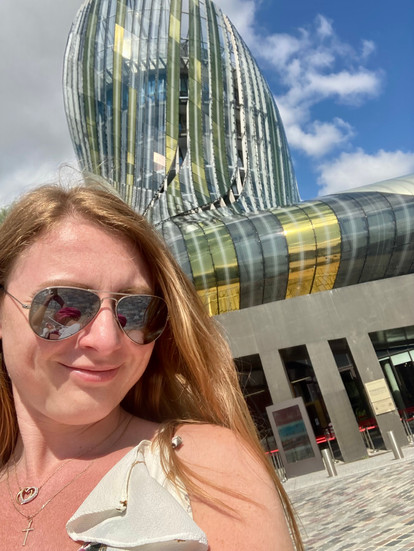



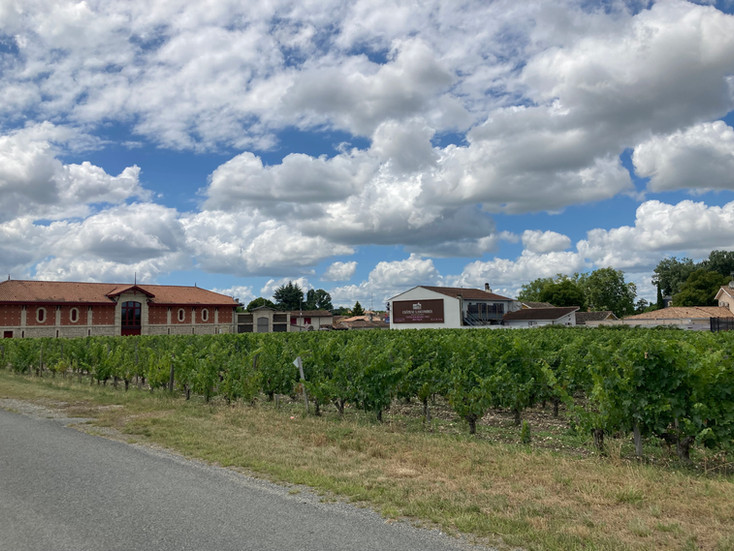

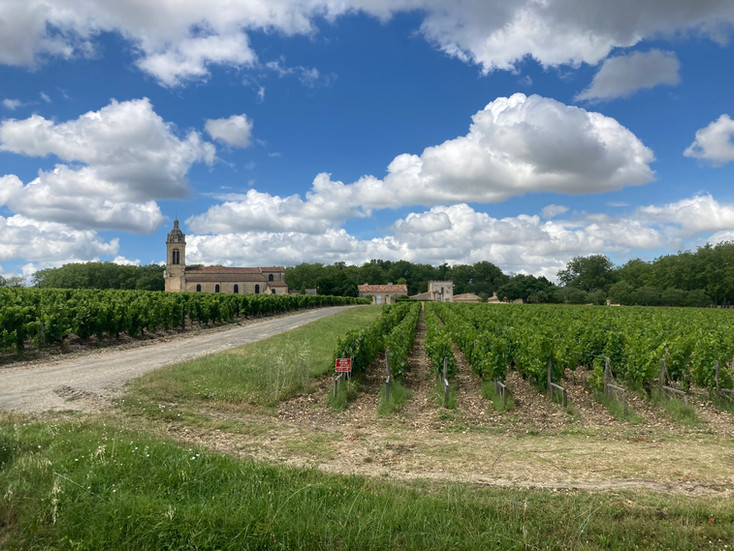













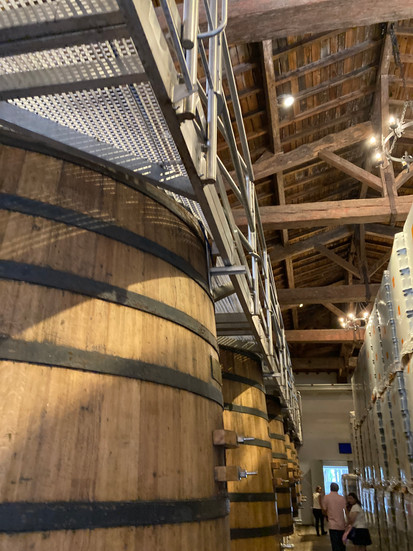



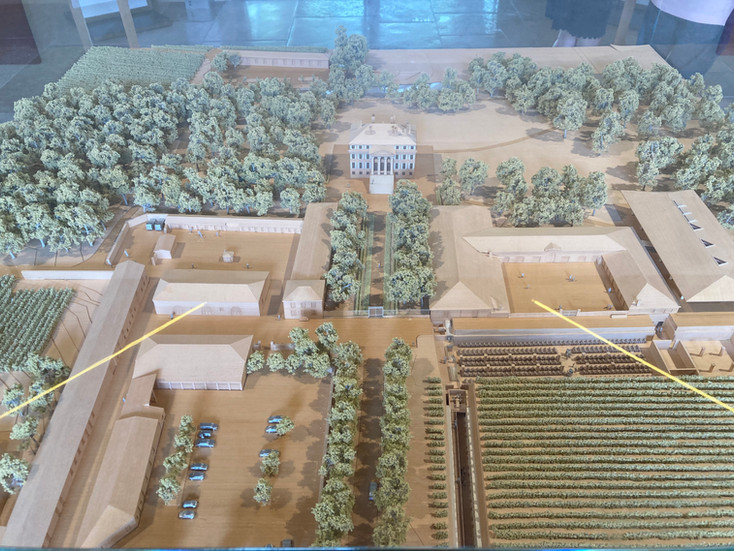

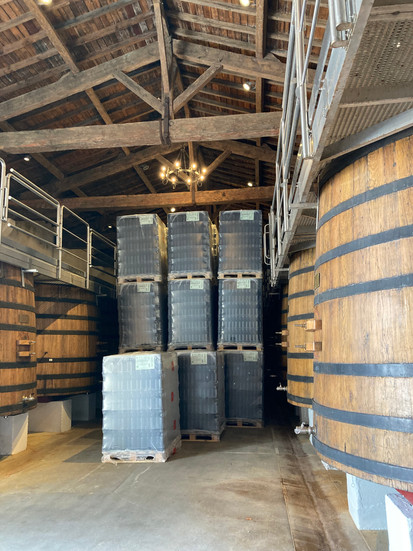

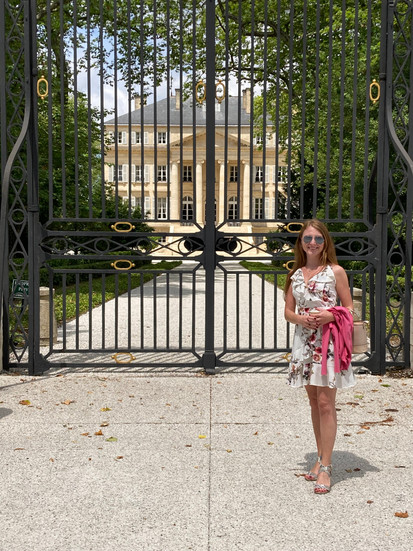





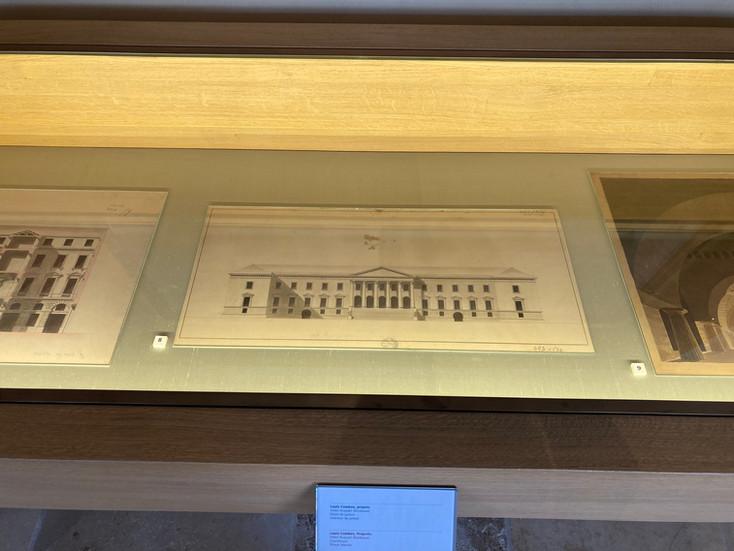

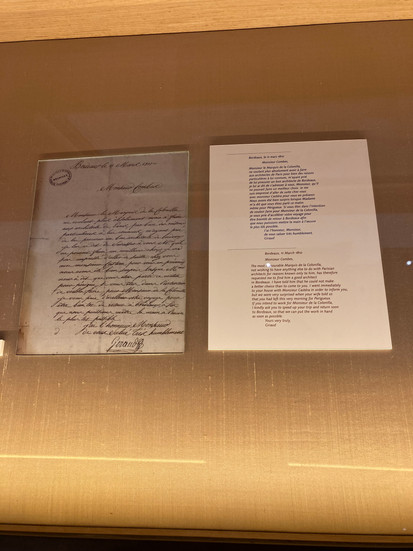
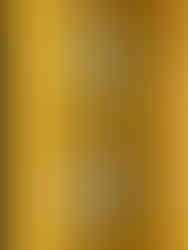





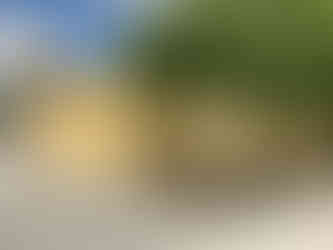






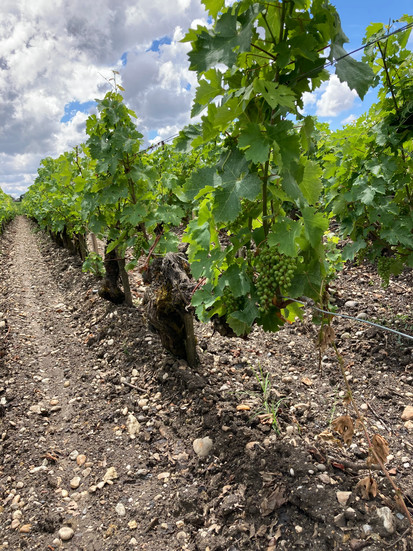





















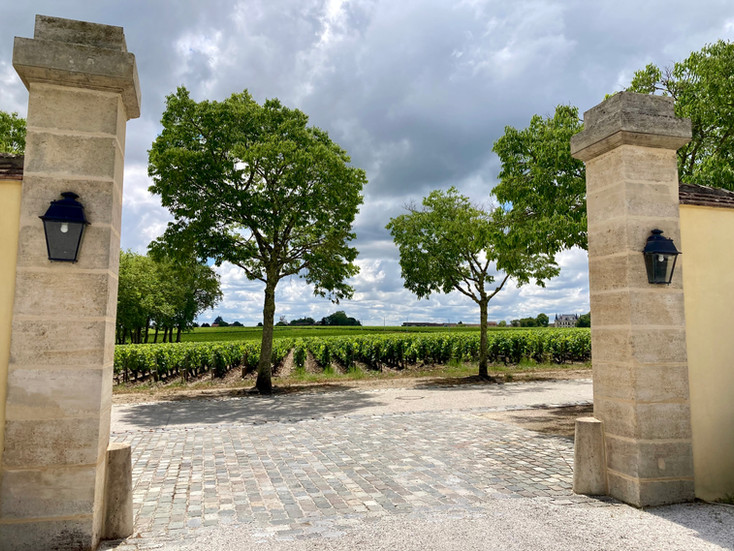


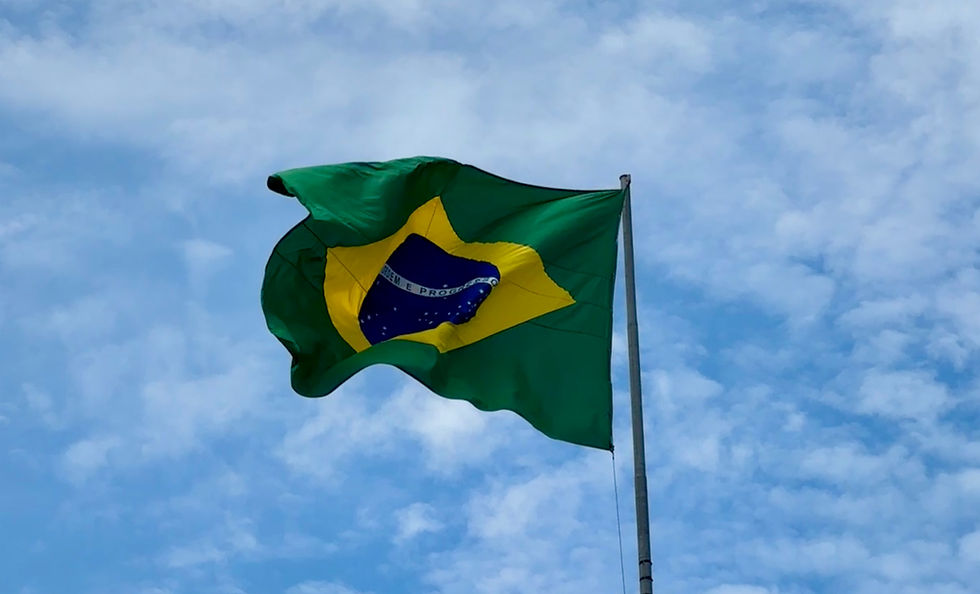
Comments